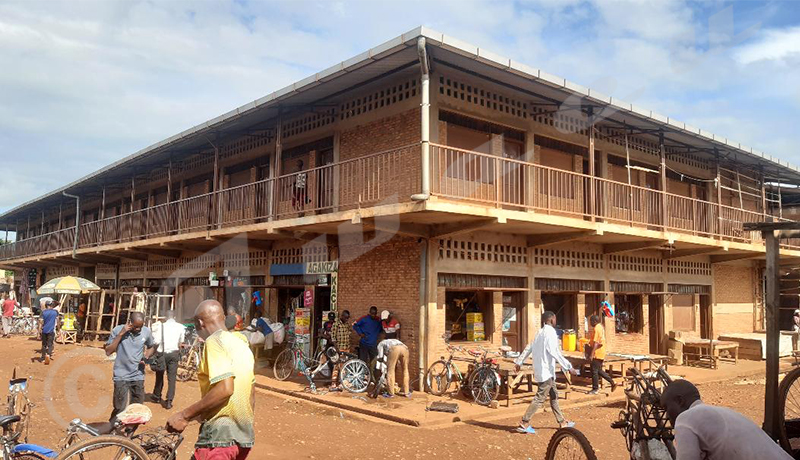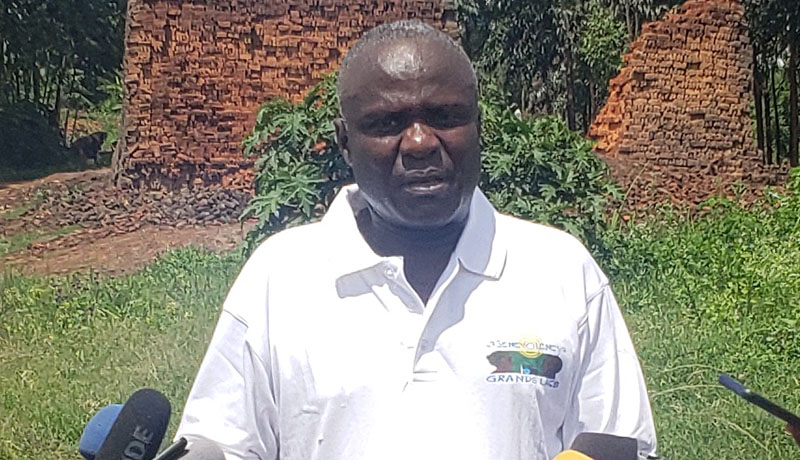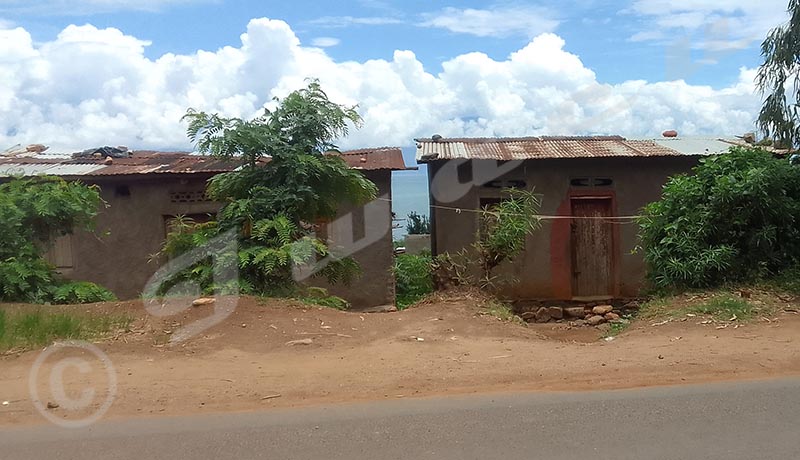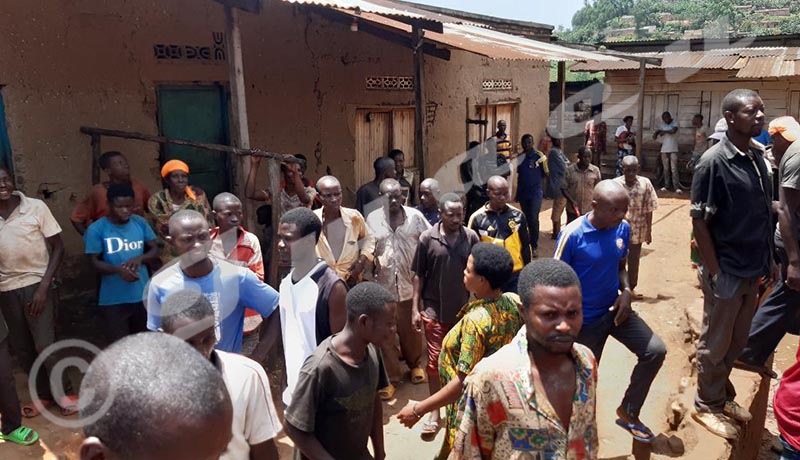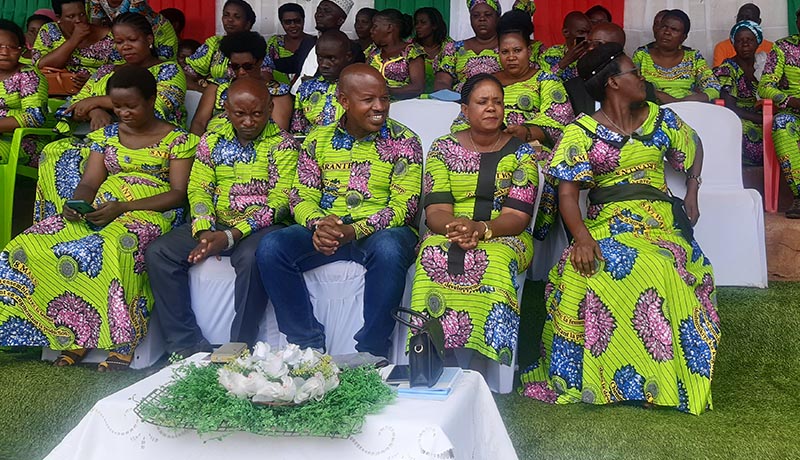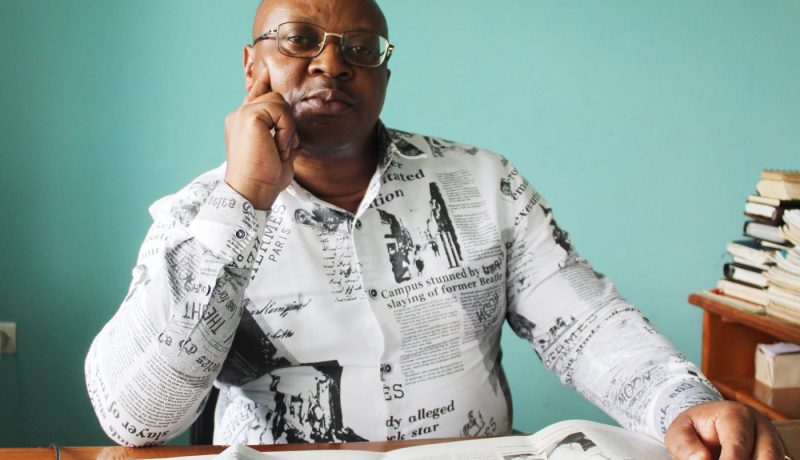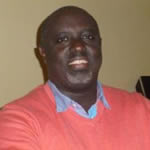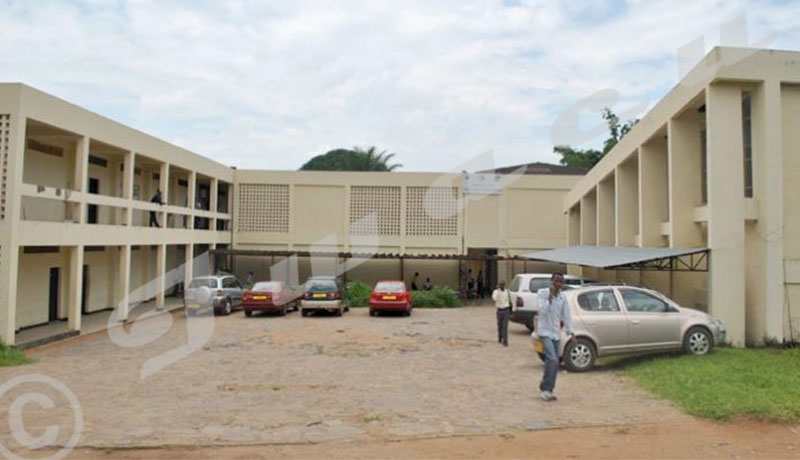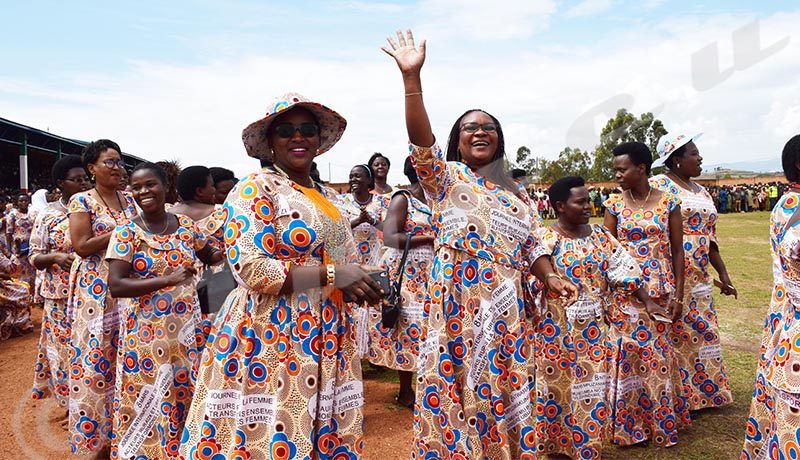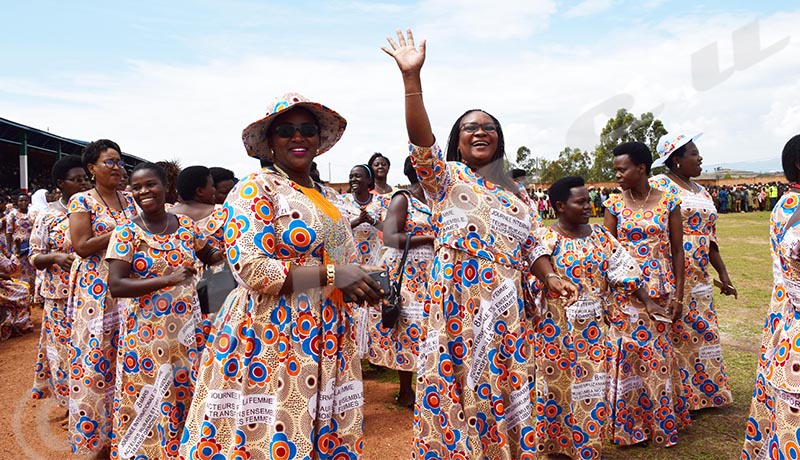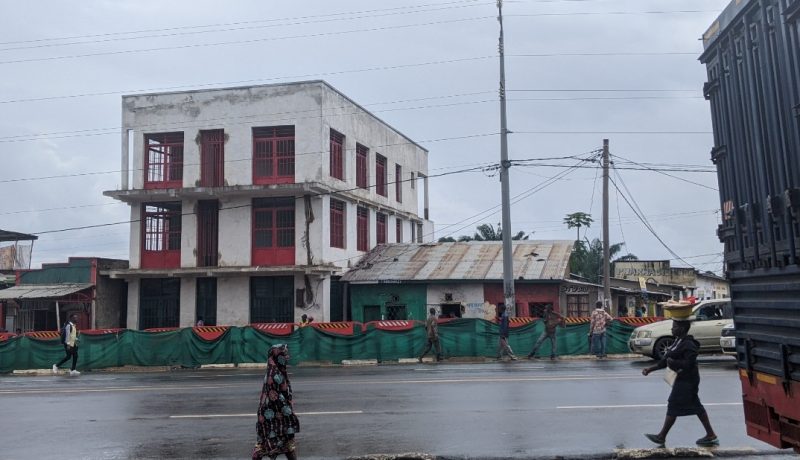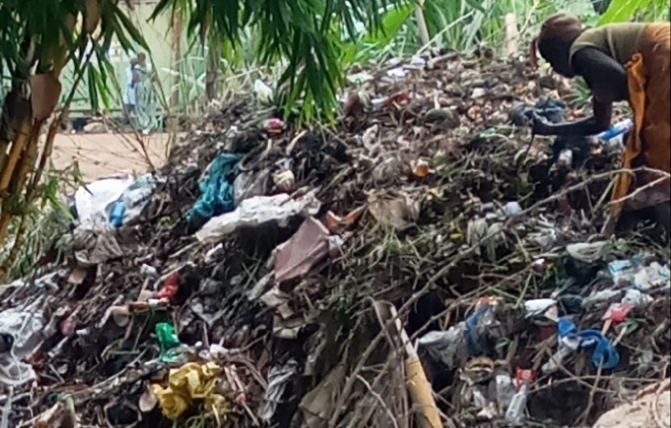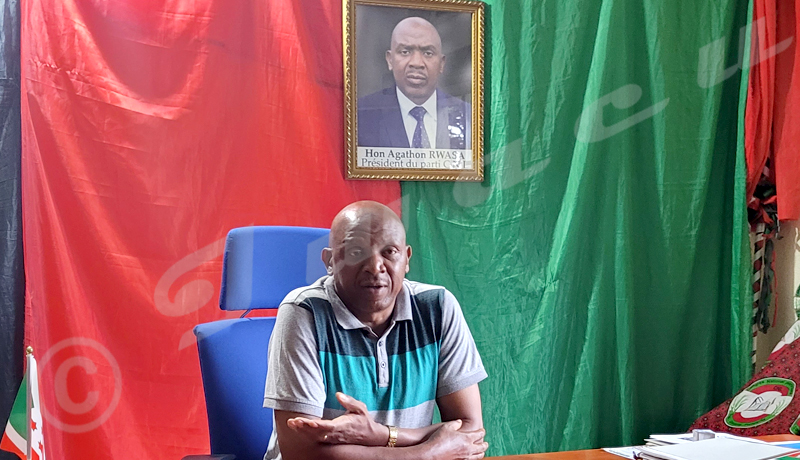From 27th to 28th November (next week)will be held in Bujumbura, a second international conference on the role of security organs in eliminating women and girls’ violence in Africa. How about Burundian steps in fight against gender based violence?
Activists in fighting against women’ violence and security officers have mentioned some cases related to the type of violence observed in Burundi during this year (2012). Considering this database, some suggestions are given in improving and changing the situation.
According to Marie Claire Kezakimana, social worker in “Association de Défense des Droits de la Femme (ADDF), types of violence based on gender are multiple in Burundi and they concern notably rapes, sexual assaults, women and girls being beaten, abortion, financial violence, cohabitations, girls and children exposed to dangerous situations, expelled or repudiated women, domestic violence…
In comparing to the data, she says, there are provinces which are more exposed than others.
“During this year, from January to July, ADDF has classified Bujumbura City as the first graduated in women’ violences. With 189 cases, 81 cases have been observed in Bujumbura Rural,22 cases in Gitega, 14 in Muramvya,13 in Rutana and 8 in Bubanza”, Kezakimana says.
Kezakimana’s remarks are the same as Leopold Manirakiza’s, in charge of statistics on gender-based violence in ”Unité de Police des mineurs, du respect des moeurs”.
“Gender based violence acts are frequent. Especially in Bujumbura City, Kirundo, Makamba, Cibitoke, Bujumbura Rural, Rutana,” he mentions
The information collected beside the security organs shows us some cases treated, closing files, files which are under study and treatment, and others which are transmitted in justice courts.
“During this year, from January to September, rapes and rape attempts are the main cases observed in our sector”.
This year, 209 cases of adults have been mentioned against 207 cases of children under 18 old, are numbered,” clarifies Manirakiza.
The same analysis is observed in “Centre Seruka” in charge of victims of violence.
According to Christa Josiane Karirengera, coordinator of ‘Centre Seruka’, the situation seems to be stagnant. Last year, the Centre had mentioned 1248 cases of sexual violences. And this year, during the first semester, Seruka has numbered 733 cases”, adds Karirengera.
She goes on saying that these numbers are not for the whole country i.e. not the full reality.” In many places, the mostly observed acts of sexual violence are not denounced. Many victims don’t like to declare that they are abused sexually”, Karirengera regrets.
“Most of the victims are not sensitized”
According to Karirengera, 70% of victims are youth aged less than 18 and 19% are children (under five years).
“The authors are generally in house staff in charge of children; neighbors, teachers, soldiers and policemen,” says Karirengera.
Karirengera’s explanation is shared by Marie Claire Kezakimana; most authors mentioned in ADDF in sexual violence are the husbands, the members of the family, and especially men in uniforms (soldiers and policemen). In Manirakiza’s views, besides these who are mentioned by Karirengera and Kezakimana as authors of violence, bicyclists and motorcyclists are also frequently cited.
According to these activists against gender- based violence, many other factors explain the small number of violence acts declared in different institutions.
First of all, says Kezakimana, women are not sensitized. Secondary, she mentions, most women are not financially independent and this status put them into dilemma, they haven’t much choice, and they prefer not to talk about what happens to them. Lastly, she insists, Burundian society leave things unchanged and unchallenged, as the elders say “Go, is the way a home is built”.
In Karirengera views, the period of war has broken the taboos in Burundian society, especially in matters around sexuality subjects. Unhopeful, she elucidates, poverty, drug use and alcohol abuse causes some families to be broken while fundamental education is based on the transmission of values.
Manirakiza mentions that Burundian traditions always protect men. At this end, he explains, victims don’t dare to denounce them in front of security organs. Furthermore, he adds, corruption “gifts «to the security officers or other authorities may result in backbiting against gender based violence.
“Two heads are better than one”
In Kezakimana’s suggestions, to be educated and known the best could help in fighting against violences based on gender.
“The most of women got married without knowing their rights. The proof is these women divorce very early. Moreover, before being engaged in any decision, the government must teach them their rights. At this end, they must know all the procedures when they are facing difficult and unfair situations”, she wishes.
Besides this, Kezakimana adds, the government should strive to let women and girls attend school. This, she hopes, will accelerate the fight against poverty and will allow women to not always to depend on their husbands.
According to Christa Josiane Karirengera, in fighting against gender based violence, the first thing to do is to combat impunity.
On the other hand, she remarks, dare to initiate a discussion about sexuality in family with children is necessary. But, she suggests, as long as it is stays a taboo topic in Burundian society, government authorities must insert some courses related to the sexuality in schools’ and media programs.
Working in synergy, hopes Manirakiza, shall help and improve the situation.
“The security organs, administration, people and activists (gender based associations) must combine their strengths and fight against gender based violence. Even though, we can’t achieve everything. As two heads are better than one, united we stand, couldn’t afford now to be divided”, Manirakiza concludes.
